I am new to SQL and DB management. I am working on writing queries based on a schema which you can find below. This is an exercise for me to get familiar reading, writing queries on SQL Server for my job. Could you please help me out defining query based on the schema and simply explain the logic?
Thanks a lot!
SQL Server is my DBMS and here are the question
- Display ID, First Name, Last Name, and Hits to display all players with more than 2000 career hits.
